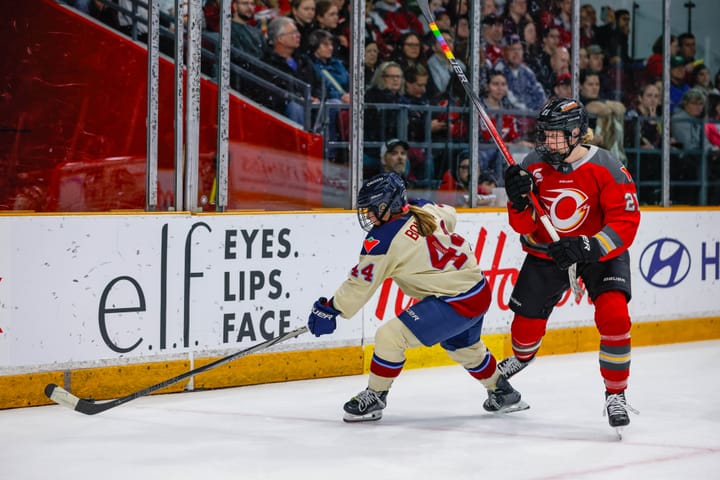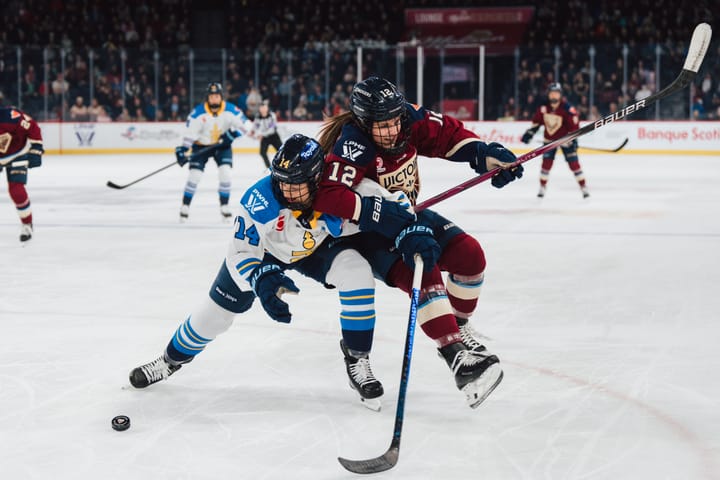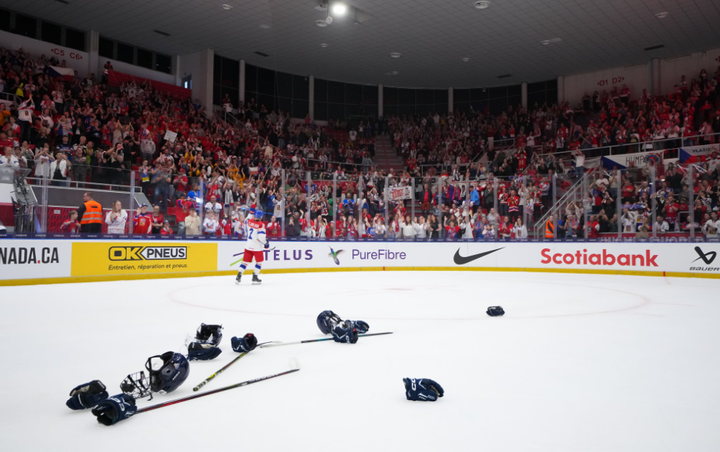U SPORTS winter surrounded by uncertainty
Three weeks into the U SPORTS holiday break and things are still uncertain about when and what the winter semester will look like for Canadian university sports. Typically, the seasons pause after the first week of December to allow student athletes time for exams. They resume for a second leg in early January at the restart of classes. In late December, with COVID-19 cases on the rise, the threat of omicron, and new public health measures, three of the four U SPORTS conferences postponed their return. RSEQ halted all activity until January 9th, AUS until January 19th, and the OUA was paused until the 24th.
The dates have been cast into doubt as speculation about further delays grow. Most universities in Ontario and Quebec have decided to hold classes entirely online for the month of January with some staying online all semester. As Ben Steiner of 49-Sport reported, the conferences are hesitant to return to play before the return of on-campus learning. If classrooms aren’t safe, maybe arenas aren’t either.
U SPORTS: Hearing that the OUA, AUS and RSEQ are not keen on the idea of playing without non-athlete students on campus.
— Ben Steiner (@BenSteiner00) December 27, 2021
Many universities have announced that they will be online until end of January. Queen’s is online until end of February. #USPORTS
Canada West, on the other hand, has yet to indicate any pause to return. COVID-19 still poses it’s risks but the conference will have fewer hoops to jump through given the different public health restrictions that exist in the prairies. However, recent cancellations in western Canada from the NHL, IIHF, and Grand Slam of Curling paint a bleak picture of Canada West’s immediate return.
All four women’s hockey conferences will face restrictions when they return to play. At present time, there are vaccine requirements, mask mandates, spectator limits, and dressing room capacities that will affect teams in Canada West and the OUA. Outright bans on indoor sports in Quebec, Nova Scotia, Newfoundland & Labrador, and PEI will inhibit RSEQ and AUS activity indefinitely.
The delayed return to play will also pose a scheduling challenge. RSEQ, Canada West, and AUS all are scheduled to end their regular season in late February with playoffs taking place shortly after. The OUA, however, has barely played one third of its season. Its regular season is scheduled until March 5th leaving just three weeks for their playoffs before the national championships.
The women’s national hockey championships are scheduled for March 24-27 in Charlottetown, one week after the men’s tournament. U SPORTS and the universities will be eager to run the tournament on time as delaying the tournament risks interfering with students’ exams. As U Sports teams typically only play two games a week, finding time to complete the season plus three playoff rounds will be challenging for the OUA.
It is hard not to draw parallels to 2020. The U SPORTS seasons were paused and ultimately cancelled in March, right in the middle of the 2020 national hockey championships. U SPORTS did not hold any athletic competition in the 2020-21 season.
Fear of another U SPORTS shutdown is manifesting itself in the unusually high number of men’s hockey players leaving their teams to sign professional contracts. It isn’t unusual for U SPORTS hockey players to sign in minor pro leagues after their collegiate eligibility is complete, but it is rare for this many players to turn pro mid-season – a luxury female players do not share.
As each day this week has passed, my optimism has waned, but with everyday things are also changing. By the time you are reading this, my words and the tweets will be out of date. Though tighter public health measures cast uncertainty for sports in the coming week, there is still optimism from the schools and leagues that sports resume on or near the proposed dates. And unlike other sports governing bodies, U SPORTS is unlikely to cancel some competitions while allowing others to continue. If U SPORTS hockey resumes this winter, creative scheduling will likely be needed and maybe even a rethink of how the two teams from each conference are chosen for the national tournament. For now, my fingers are crossed we’ll be watching U SPORTS again by February.





Comments ()